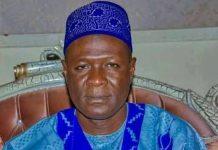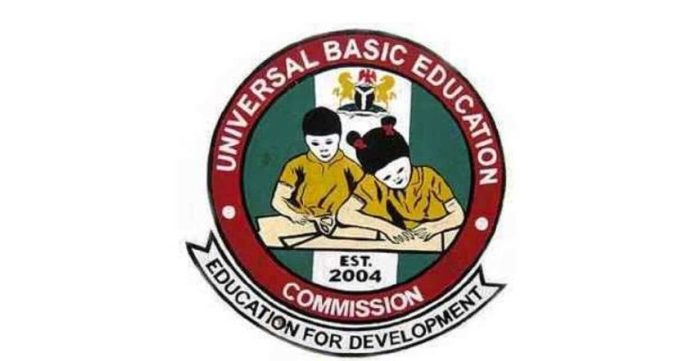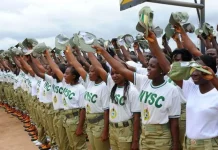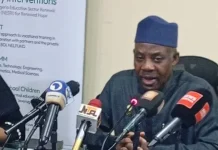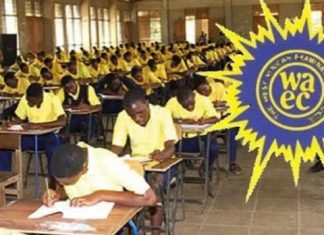In accordance with Article 26 of the 1948 Universal Declaration of Human Rights on Education, the Universal Basic Education Commission (UBEC) has vowed to work toward boosting primary and secondary school completion rates.
Aisha Garba, the commission’s new Executive Secretary, stated yesterday during her first meeting with management and staff that the United Nations Children Fund (UNICEF) report is not encouraging, highlighting the need for a decisive step.
She stated, “According to UNICEF, Nigeria’s primary school completion rate for boys was 59% in 2020 and 51% for girls.” Secondary school completion rates are much lower, with boys at 42% and girls at 36%.
“These are figures we should all be concerned about if we are to build a successful and productive society; the reason we must hit the ground running to change this status of basic education in the country.”
Garba added that in order to combat the danger, a multi-sectoral approach will be used to address the demand and supply-side constraints to basic education, which have exacerbated the problem of out-of-school children.
She stressed that major action plans will involve deploying suitable interventions, utilizing technology, constructing crucial infrastructure, and renovating educational buildings.
On another level, she stated that the commission would collaborate with local government education authorities and community stakeholders to increase access to basic education in rural, disadvantaged, and hard-to-reach jurisdictions, as well as work closely with state governors to increase the uptake and utilization of UBEC matching grants through strategic partnerships and engagements.
“We will secure the inclusion of students with special needs, encourage education for girls, and collaborate with necessary partners to make schools safe and conducive to learning.
“We will work collaboratively with Ministries, Departments and Agencies, Commissions and Development Partners on reforms and interventions to increase access and significantly reduce the high number of out of school children in Nigeria,” according to her statement.
In terms of teaching, she stated that appropriate instructional materials that fully align with curriculum and improve foundational learning for early grades would be prioritized, as would training programs that provide teachers with cutting-edge technology, innovative teaching, and pedagogical practices that will ensure that teachers are well-prepared to inspire and educate the next generation.
Read Also: Nigerian Military Eliminates 7 Key Aides of Bandit Kingpin Bello Turji
Garba further stated that the commission will collaborate closely with governments to implement the “Discrimination Against Persons with Disabilities (Prohibition) Act” by enhancing school infrastructure, with a focus on making these facilities accessible to students with impairments.
“Our goal is to guarantee that primary and junior secondary school facilities meet the needs of all students, with a focus on making them accessible and appropriate for children with disabilities. I will help to execute pre-primary and early childhood education in collaboration with communities, the organized private sector, and key stakeholders.”
Join Television Nigerian Whatsapp Now
Join Television Nigerian Facebook Now
Join Television Nigerian Twitter Now
Join Television Nigerian YouTUbe Now




